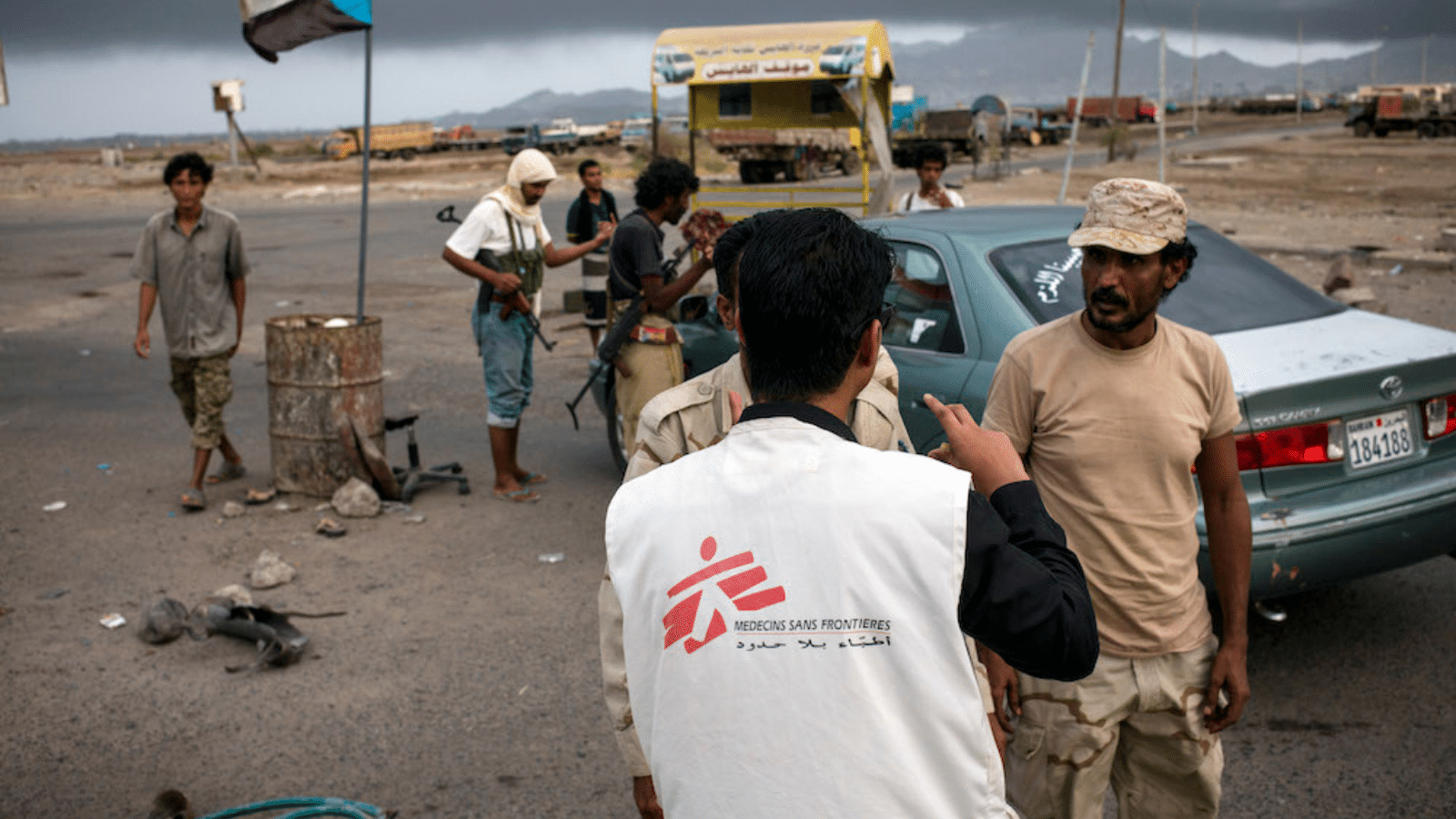In a humanitarian space marked by various restrictions, tacit engagement is often one of the only tools that allows humanitarians to remain in the field and to gain access to affected populations.
Despite its utility, tacit engagement can have severe implications and exacerbate already prevalent dilemmas in humanitarian negotiation.
This latest NCHS paper, “Tacit engagement and humanitarian negotiation dilemmas”, by Ayşe Bala Akal examines the implications of tacit engagement in humanitarian negotiations through the lens of two prevalent ethical challenges faced by humanitarian practitioners: (1) risk transfer and (2) the ability to push back on unreasonable demands from interlocutors.
To read more and download a copy of the paper visit our resource hub here. This paper follows Bala Akal’s earlier NCHS paper on tacit engagement as a form of remote management.
Ayşe Bala Akal is a Research Assistant at the Peace Research Institute Oslo (PRIO) and associate of the Norwegian Centre for Humanitarian Studies. She is involved with various humanitarian related research projects, including “Red lines and grey zones: Exploring the ethics of humanitarian negotiation” (RedLines) and “On fair terms: The ethics of peace negotiations and mediation” (FAIR).
